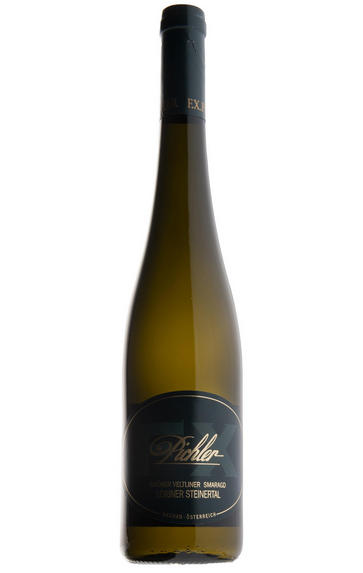
2017 Grüner Veltliner, Hefeabzug, Nikolaihof, Wachau, Austria
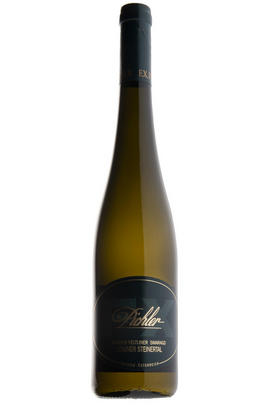
Critics reviews
Stephan Reinhardt - 28/12/2018
About this WINE
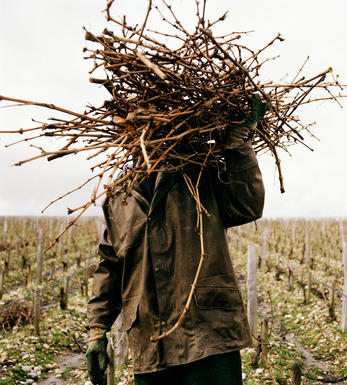
Nikolaihof
Nikolaihof dates back almost 2000 years to Roman times and is the oldest wine estate in Austria – the first documented references to wine production here date back to 470 AD. Within the courtyard of the estate, the remains of the early Christian Agipitus Basilica can be found. Here a synod, convened by the Bishop Pilgrim of Passau, was held in 985 AD.
The earlier Freihof was first referred to in 1075 as the central administrative headquarters of the Passau monastery of St Nikolai. For centuries it remained the political and ecclesiastical central point of the region.
Today a combination of tradition and strict adherence of biodynamic principles lie at the heart of the winemaking philosophy and the Nikolaihof estate is certified with Demeter. The vineyards cover approximately 20 hectares, with plantings of Riesling, Grüner Veltliner, Weissburgunder, Malvasia, Neuburger and Chardonnay, though it is the Rieslings and Grüner Veltliners that have established the strongest following around the world.
The biodynamic philosophy is evident from the vineyard through to the winery and no synthetic sprays, chemical fertilisers or weed killers are used. No genetically-modified enzymes or yeasts and no artificial concentration methods are employed. Naturally occurring yeasts carry out fermentation and winery practices are undertaken only on suitable days in the biodynamic calendar (bottling is only carried out on fruit days). The results of this meticulous approach are wines that express pure varietal character and a distinct sense of place.
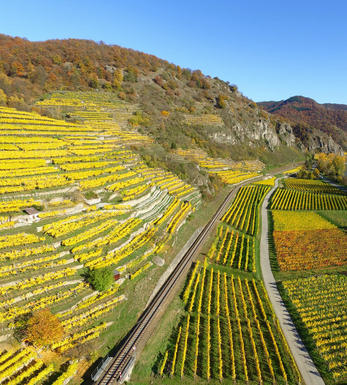
Wachau
The sweeping, steep terraces of the Wachau, in Lower Austria, on the northern banks of the Danube, an hour’s drive west from Vienna, are home to Austria’s greatest dry white wines.
Here Riesling and Grüner Veltliner excel in producing wines of startling purity and pristine intensity. The climate changes slightly to produce the warmer, richer wines around Dürnstein and Loiben, to steely yet opulent wines around Spitz.
Recommended Producers
Toni Bodenstein of Weingut Prager epitomises the former, whilst Franz and Irmgard Hirtzberger’s vineyards are the ultimate expression of the latter. The region uses a unique system of classification to indicate the level of ripeness at harvest. Steinfeder is the lightest, with an alcohol of around 10%, then Federspiel, which must not exceed 12% and finally Smaragd, named after an emerald green lizard found in the vineyards, which are assertive, late-harvested wines, but fermented to dryness.
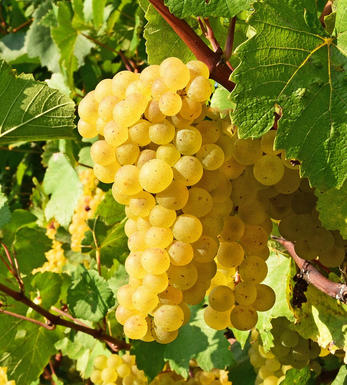
Grüner Veltliner
Grüner Veltliner is Austria's most famous grape variety. It is indigenous to Austria and is grown extensively in every Austrian wine region with the exception of Steiermark. It constitutes 36% of all vineyard plantings with the best wines coming from the north-east of the country, particularly regions such as the Wachau, Kamptal and Kremstal which border the Danube river.
Grüner Veltliner is a late ripening variety that typically produces wines that are pale green in colour and display fruit notes of grapefruits, limes, pears, and sometimes hints of white pepper. They normally possess a steely backbone of acidity which enables the best bottles to age gracefully. The grape's natural acidity accompanied by its restrained and understated fruit characters makes its wines ideal partners for food. A marvellous alternative to the more mainstream white grape varieties.


Buying options
Add to wishlist
Description
Nikolaihof dates back almost 2,000 years to Roman times, making it Austria’s oldest wine estate. Today the estate is entirely biodynamic, with approximately 20 hectares of vines. Grüner Veltliner has become something of a “cult” variety with its natural acidity and restrained, understated fruit profile making it the ideal partner for food.
This is classic Federspiel in structure and form. “Hefeabzug” means bottled off its lees, referencing the extended lees ageing this wine has seen – imparting delicate yeasty aromas, as well as adding texture and complexity across the palate. Stony minerality is complemented by ripe orchard fruit and chamomile notes. Its modest alcohol enhances the perception of freshness. Ready to drink now.
wine at a glance
Delivery and quality guarantee